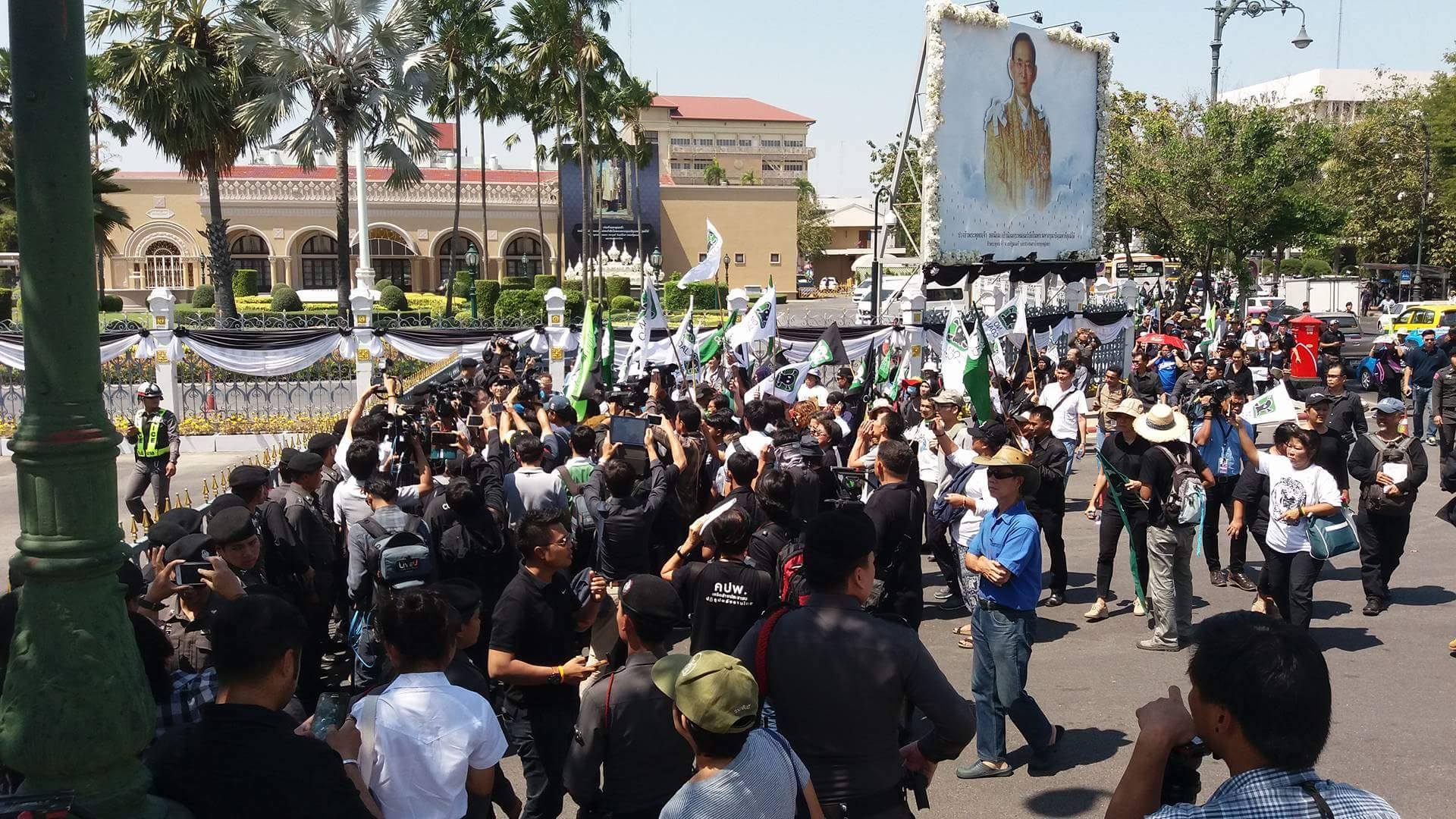Environmental activists and academics have urged the government to improve its conduct of the Environmental Health Impact Assessment (EHIA) on a controversial coal-fired power plant project in southern Thailand.
On 2 March 2017, academics and environmentalists gathered at Chulalongkorn University, Bangkok, to discuss deficiencies in the government’s EHIA process as conducted on mega-projects such as its ongoing plans to build a coal-fired power plant in the southern province of Krabi.
Prasitthichai Nunual, a key leader of the environmentalists Save Andaman from Coal, pointed out that the process can be easily derailed by conflict of interests. The subcontractors tasked with conducting the EHIA are hired by the government itself.
Prasitthichai added that the government should give priority to environmental conservation in the province because Krabi is a popular tourist destination.
The activist suggested that a Strategic Environmental Assessment (SEA) is a better evaluation model because it emphasises sustainability. SEA is a method to assess the development potential of proposed projects that also takes into account the UN’s Sustainable Development Goals.
Supakit Nantaworakan from the Healthy Public Policy Foundation (HPPF) agreed SEAs are more inclusive than EHIAs or Environmental Impact Assessments (EIA).
“The SEA allows more opportunities for all stakeholders to discuss policies, so it can reduce conflicts between the authorities and locals,” Supakit said.
Chainarong Sretthachau, a Mahasarakham University lecturer, said that public participation is key. The state should go beyond scientific approaches in conducting assessments, and take into consideration local knowledges and skills in determining the fate of public projects.
On 19 February 2017, the military released five protest leaders, including Prasitthichai Nunual who were detained after hundreds marched on Government House in Bangkok to demand a halt to the junta’s plans to build a coal-fired power plant in Krabi.
In addition to releasing the protest leaders, the junta has agreed to halt the EHIA and EIA for both the power plant and a port for transporting coal.
Although both projects have now been suspended, many environmentalists remain skeptical over whether the regime will push ahead with its energy plan, since the junta could invoke its absolute power under Section 44 of the Interim Constitution to begin the projects.

Anti-coal powered plant protesters march on the Government House on 17 February 2016